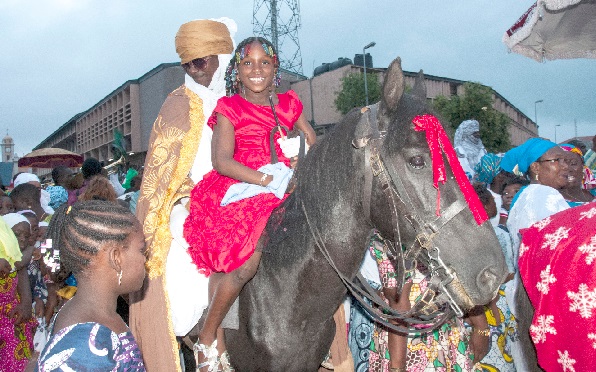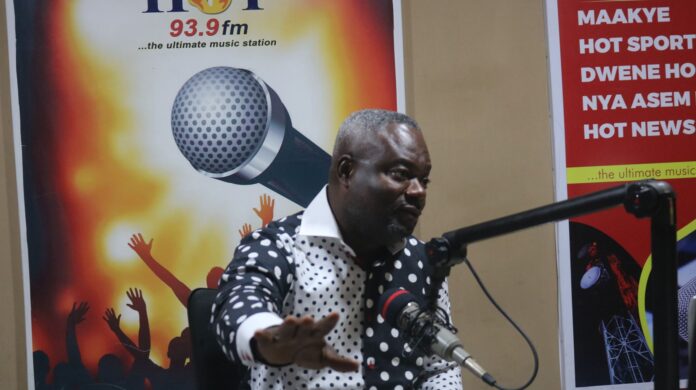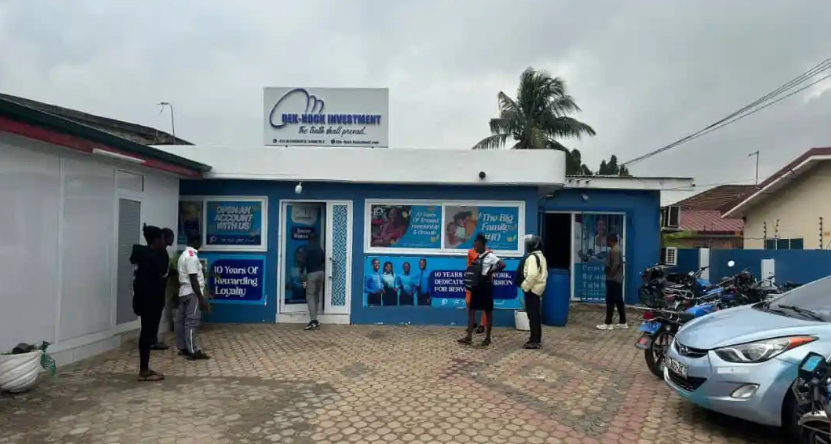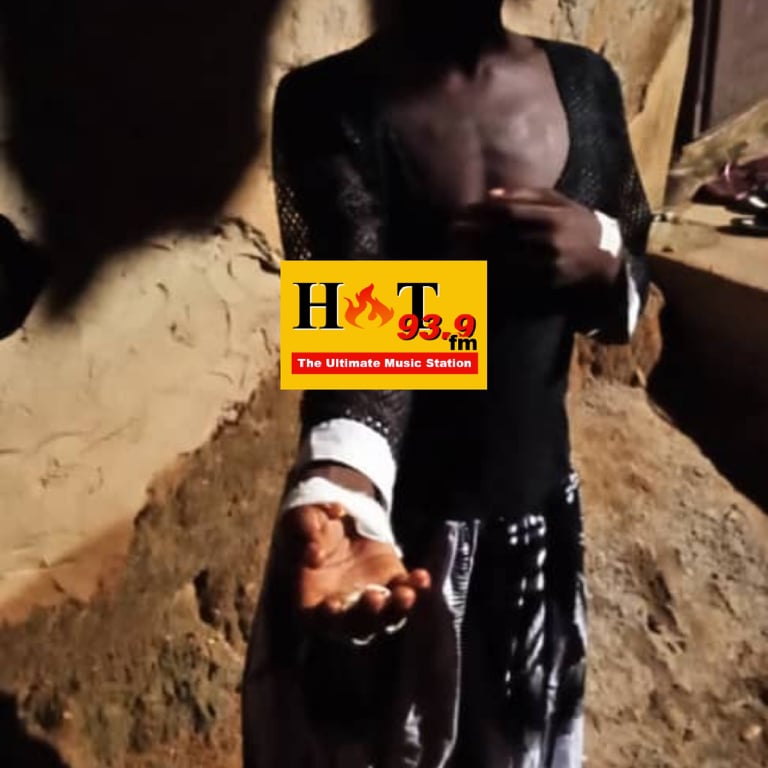The Eid-ul-Fitr (festival breaking fast) is one of the two major festivals on the Islamic calendar which is celebrated by Muslims around the world.
It marks the end of a 30-day fast (Ramadan), prayer, and devotion.
Eid ul-Fitr, the first of the two, is also considered a feast of the lesser Eid.
It may sound odd that the word lesser is used for such a widely celebrated festival, however, the reason is that the ‘Greater Eid’, Eid-ul-Adha, the festival of sacrifice, is considered the most significant and, therefore, the greater of the two Islamic festivals.
Background
The practice of dawn-to-sunset fasting during the holy month of Ramadan is one of the five pillars of Islam.
Muslims believe that it was during the month of Ramadan that the Holy Qur’an (text) was revealed to Prophet Muhammad (peace be upon him).
It is said that Prophet Muhammad and his companions celebrated the first Eid-ul-Fitr in 624 CE after their victory in the battle of Badr, a turning point in Prophet Muhammad’s struggles with his opponents among the Quraish in Mecca, the early days of Islam.
Celebration
The celebration comes on the first day of “Shawwal,” the 10th month on the Islamic calendar after 29 or 30 days of dawn to sunset fasting, prayer, and devotion.
It begins at sunset on the night of the first sighting of the crescent (moon).
Since the date of Eid depends on the sighting of the moon, there might be variations in the exact date that it is celebrated around the world.
Being a very significant day, it is recommended that Muslims wear new clothes, preferably white apparel the day and eat something sweet such as date while singing praises to God on their way to the mosque to observe the Eid prayer.
Eid celebration is also about showing gratitude to Allah by offering alms (Zakat-ul-Fitr) to the poor and also feasting with friends and families.
In Ghana, Muslims celebrate Eid-ul-Fitr with much fervor and merrymaking.
The day usually begins with communal prayer sessions at a local mosque across the regions as well as a national prayer session at the “Black Star Square” in Accra led by the National Chief Imam and attended by the President or his Vice.
This is followed by a number of activities such as parties, street jams, and carnivals, as well as motorbike and horse riding in most communities till the late hours of the day.







